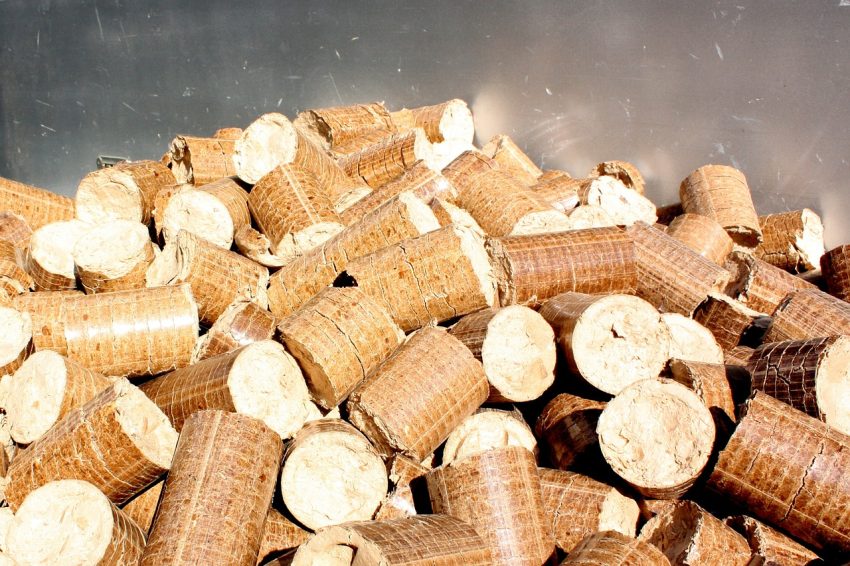Millions of wood pellets from trees grown in North Carolina are providing fuel for the United Kingdom. Under current international climate-change rules, burning wood does not produce carbon-dioxide emissions. Of course it does, but the claim is that it is offset by carbon sequestration when the trees are replaced.
“Billed as a clean fuel that helps countries meet their renewable energy targets, these so-called woody biofuels are at the center of a rapidly growing industry valued at $50 billion globally in 2020,” writes Sarah Gibbens for the National Geographic.
“It’s a net-zero transaction, proponents say—and the European Union and other governments have accepted the argument. Wood is considered a zero-emissions fuel.”
***
“The Drax Power Station in Yorkshire, once the largest coal plant in the U.K., now runs mostly on wood pellets—including, in 2019, some five million tons imported from the U.S. “
***
“Provisions in two U.S. bills—the recently passed infrastructure bill and a soon-to-be-voted-on reconciliation bill—promote the use of biomass energy.”
To Gibbens and others it is a “dangerous loophole.”

